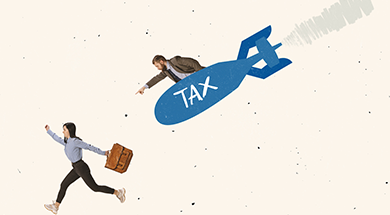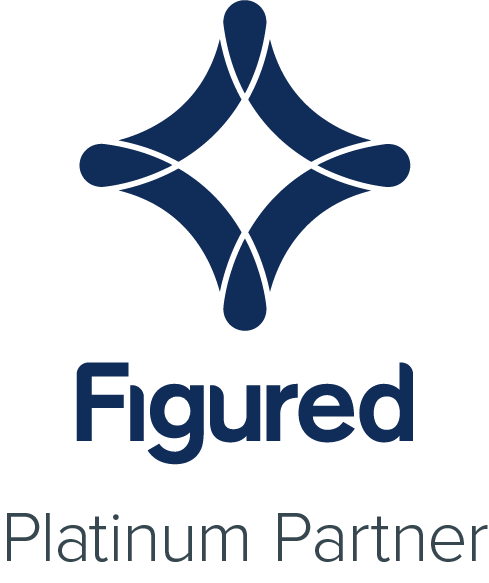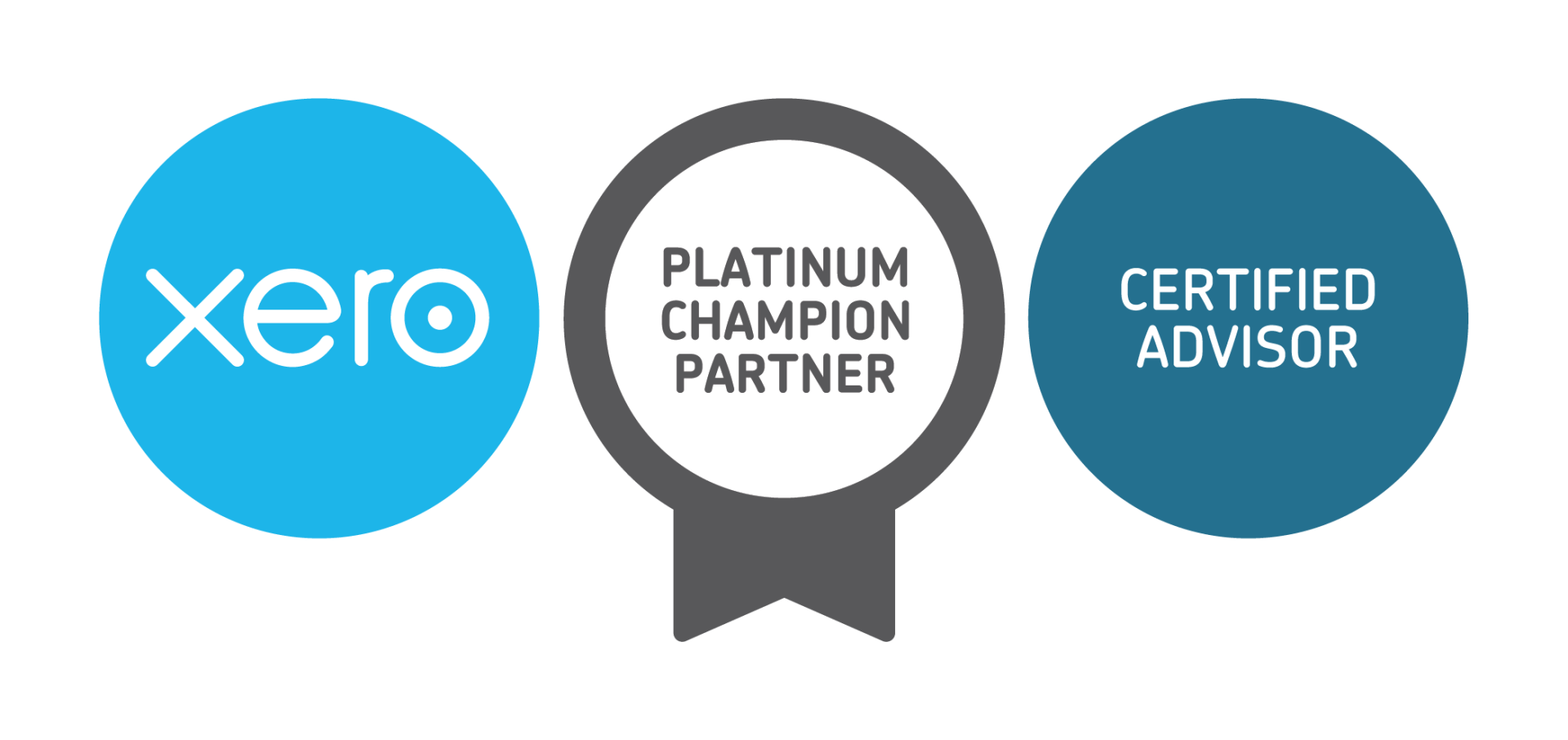Rapid advances in technology are now allowing businesses to enhance the speed and accuracy of record keeping and financial analysis – not only the cash in and cash out but payroll, superannuation, invoicing, contacts and more.
New requirements from the Tax Office for payroll and superannuation reporting for employees, mean cloud accounting is also an efficient and
First, what is cloud accounting?
Essentially cloud accounting is storing your accounting records electronically and accessing your 'books' by logging into the program, much like you would log into internet banking.
You can access your data and services you want almost anytime you like, from any device, from almost anywhere in
What makes cloud accounting so powerful?
- Access anywhere – Roam free and stay connected to your data wherever you are. No longer be tied to one desk and one computer in your office.
- Save time and manage accounting effectively
– Very little manual data entry required, reconciliation of accounts on the go – no more
double checking of entries at the end of the month. - Easier to work with your accountant – No longer have to save a backup and email in or post in a USB – enjoy live access to your accounting data at any time.
-
Real time data – Cloud accounting delivers you real time and up to date 'live data', as opposed to theold fashioned methods of traditional accounting and business management. - You control file and data sharing access – You also control who has access to which data you want to share, using login details to set access levels for each user.
Any concerns?
- Security
– The cloud is one of the most secure methods
to protecting your data in the event offire , theft of a computer, tablet or laptop or even your phone. The security level is similar to your internet banking security and data is stored offsite, not locked into one computer as is the case with traditional desktop software. - Internet connection – You do need a good internet connection for cloud accounting to work efficiently.
- Subscription – Most cloud software is paid for on a subscription basis – you pay monthly and can upgrade or downgrade the level of services required according to your business requirements.
Integration with other business applications
In addition to the accounting side of running a business, cloud software opens up
Cloud accounting software can integrate with numerous business applications that, for example, might run your point of sale, job sheets, time sheets for employees and many more.
If you're thinking of integrating a
Conclusion
One thing that most accountants and businesses can agree on is that while the transition to using
A complete change in software brand is not always required. Several companies have improved their desktop software to offer a
Each business will have different needs so there is not a one size fits all approach. Contact your local Murray Nankivell office to discuss your needs and to help you find the right direction to take in your move to the cloud.

About the author - Francis English

LEGAL
Liability limited by a scheme approved under Professional Standards Legislation.
Investngro Pty Ltd ABN 53 113 102 695 trading as Murray Nankivell Financial Planning, is an authorised representative of Count Financial Limited ABN 19 001 974 625 holder of Australian financial services licence number 227232 (“Count”). Count is owned by Count Limited ABN 111 26 990 832 of GPO Box 1453, Sydney NSW 2001. Count Limited is listed on the Australian Stock Exchange. Any taxation and accounting services are provided by Murray Nankivell and are not within the authority Count. The information on this web site is not financial product advice and is provided for information only.






